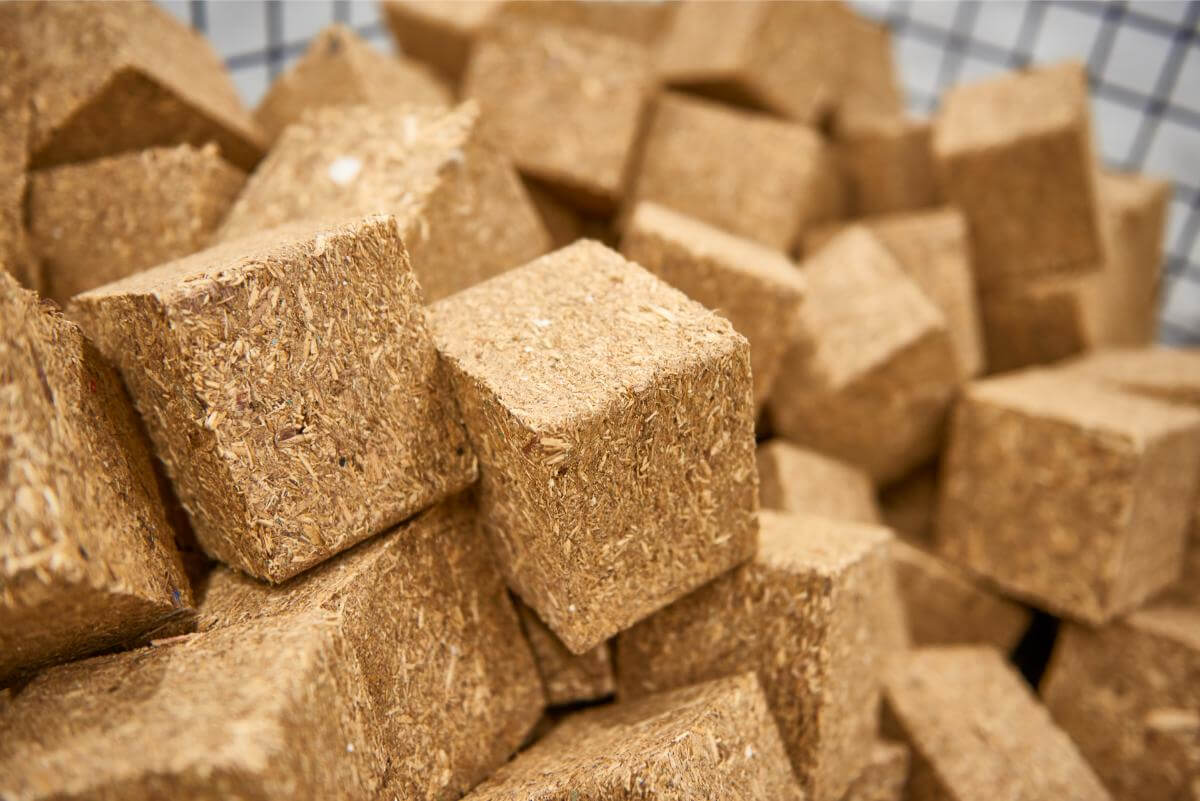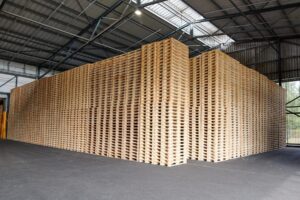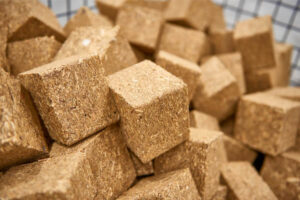A German study commissioned to compare the hygienic properties of wooden and plastic Euro pallets included a literature review and microbial analysis of used pallets. The literature review examined current knowledge on the hygienic properties of wood and plastics, focusing on microbial colonization, microorganism survivability, and assessment methods. The study highlights that requirements for pallets used in the food industry are defined in the German Food Hygiene Ordinance (LMHV) and the German Food Transport Container Ordinance (LMTV).
The review indicates that climate conditions, particularly moisture availability, significantly influence microbial colonization. Microbial growth is also affected by temperature, with various microorganisms capable of colonizing materials if conditions are favorable. Microbial growth can be prevented by selecting materials with specific properties or treatments.
Studies suggest wood possesses antibacterial properties thanks to its structure and chemical composition. Wood is a porous and hygroscopic material, and some wood species contain antimicrobial substances. Research indicates that the physical characteristics of wood, such as its rough surface and porous structure, contribute to its antibacterial properties by creating unfavorable conditions for microorganisms and/or trapping them.







